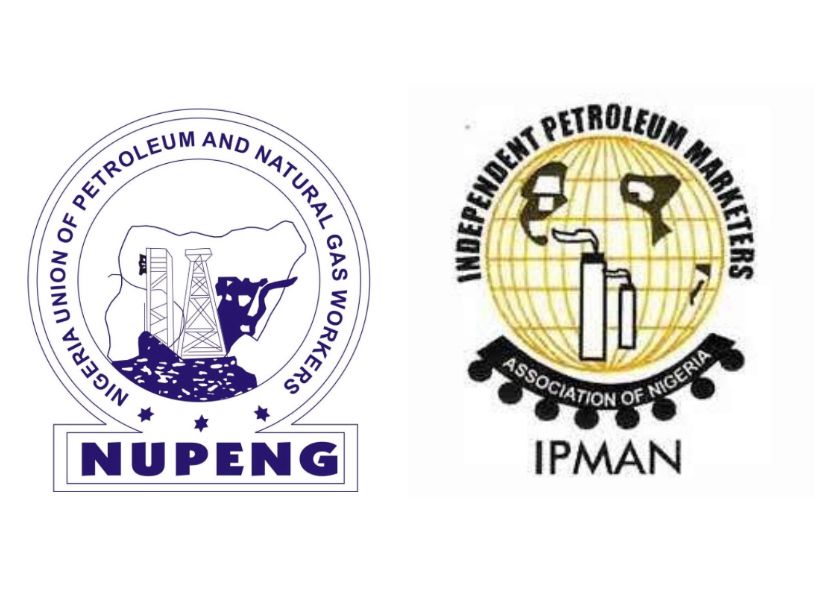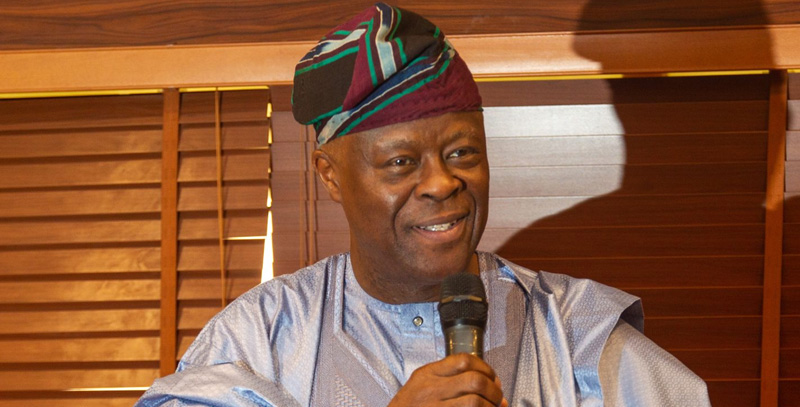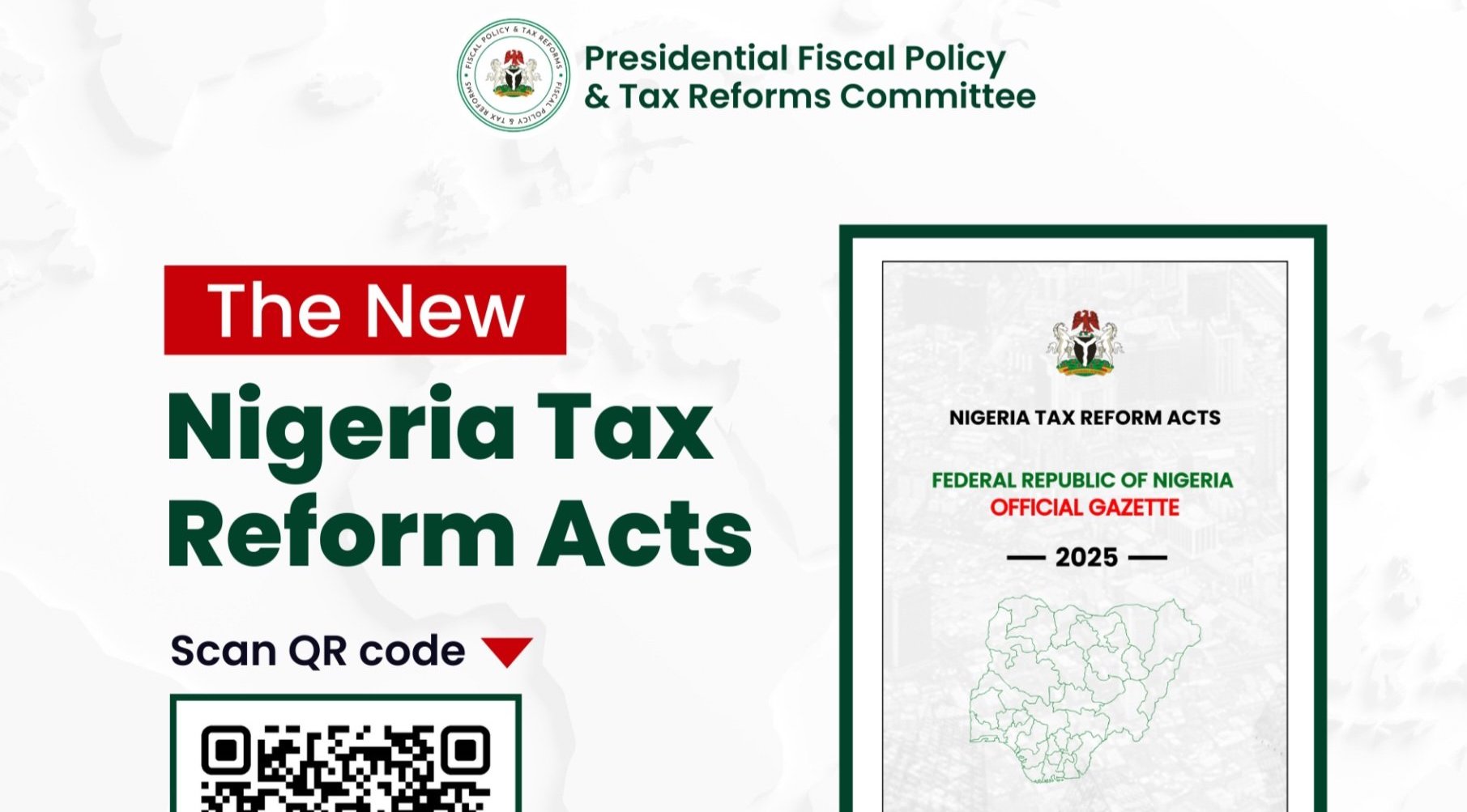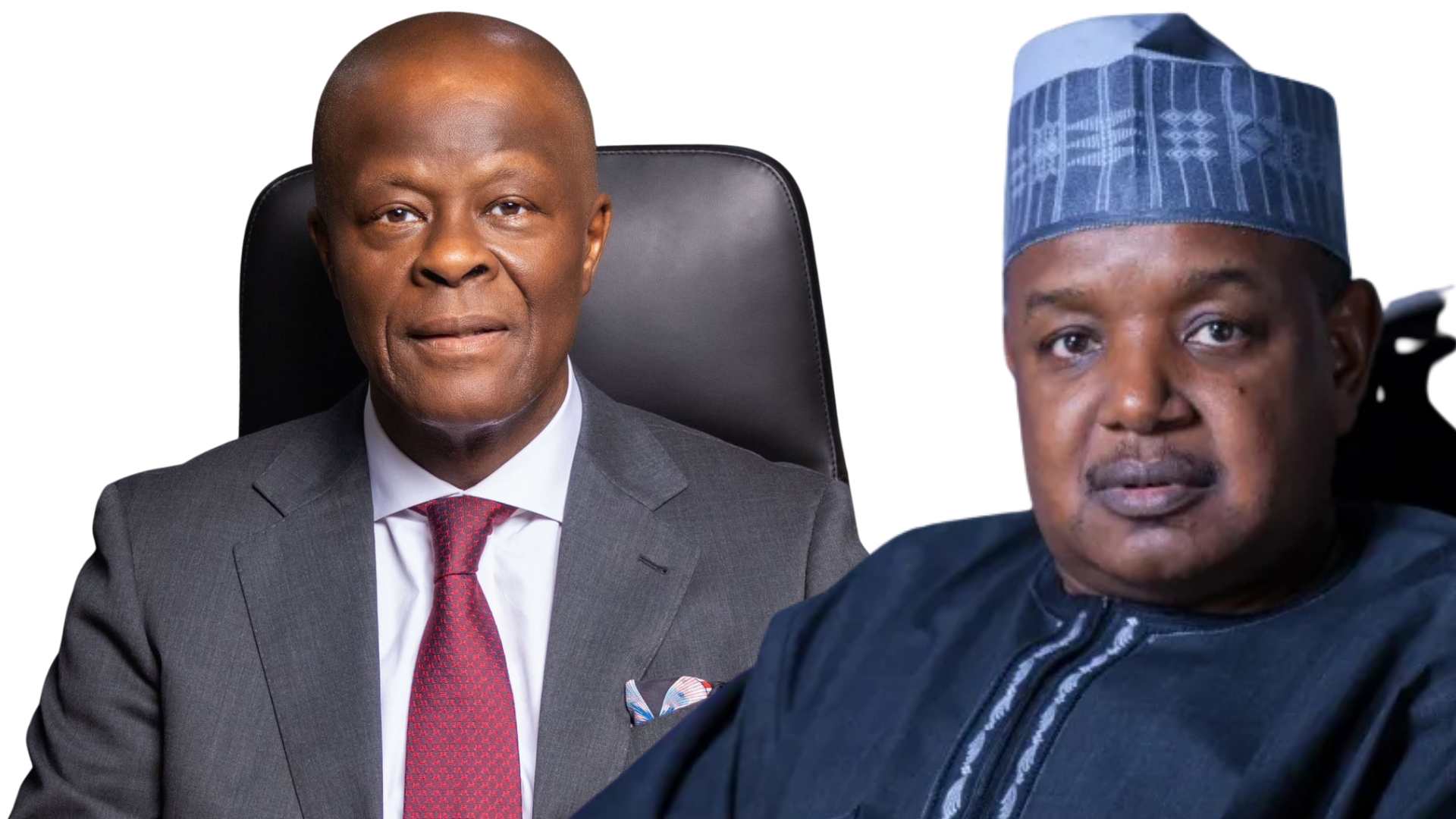Cleopatra Adeoye
I sat down with Kene in an age of screens and isolation. Lekki Volleyball Club (LVC), one of the most prominent volleyball clubs in Nigeria, is proof that sport still has the power to unite people, transform communities, and make positive social impacts. Founded in 2017 by Kenechukwu Okafor, an economist with a passion for sports, the club has grown into a hub for talent, mental well-being, and economic empowerment.
Kene Okafor shared his inspirational story with us, taking us back to how his journey began with a clear vision born from his athletic youth. He was drawn to a wide range of sports, and though none led to a professional career, they instilled in him a profound appreciation for discipline, teamwork, and a shared mission. His time training with the Imo State Sports Council reinforced his observations about Nigeria’s raw human potential and the critical need for structure to harness it.
“I saw so much talent and passion, but it was often a lone effort,” Kene Okafor says. “I knew that with the right community and structure, we could not only build great athletes but also empower people.”
This conviction fuelled the creation of the Lekki Volleyball Club, a hub for community building and talent development. It’s a place where people of all ages, from young players to seasoned veterans, can come together. The mission was clear: to create a platform where individuals could learn discipline and resilience while building a path to compete at higher levels and represent Nigeria on global stages.
The journey was not without its struggles, from managing conflicting stakeholders and limited financial resources to securing proper facilities, but the unwavering spirit of the community kept the club moving forward. “The determination of our members, the growing camaraderie, that’s what defines the LVC family,” he notes.
A Network of Opportunity
The LVC movement first took root in 2017, founded on the principle of bringing people together through the love of sport. This grassroots effort quickly gained momentum and was officially registered in 2019 as a sports non-profit organisation, solidifying its mission to impact lives beyond the court.
Over the years, the club’s success and vibrant community have attracted vital sponsorships, a testament to its growing influence. National brands like Malta Guinness, Milo, Nestlé, MTN, Pocari Sweat, Red Bull, Calypso, Avetium, TDA Couture, BOGO Beverage, and TravelBeta have partnered with the club, alongside local brands such as Yellow Sisi, Nudara, Optifit, and Ewami Essentials.
With the support of these corporate partners and a thriving base of more than 150 registered members across multiple countries, LVC has awarded millions in cash prizes to athletes, reinforcing its commitment to development, empowerment, and community growth.
The impact of the Lekki Volleyball Club extends far beyond the physical benefits of exercise. It has become a crucial space for networking, bringing together professionals from various industries. Practice sessions and matches turn into informal networking events where ideas are exchanged and partnerships are formed in a relaxed, non-traditional setting.
The club’s simple yet powerful slogan, ‘cruise and volleyball’, perfectly captures its essence. “It signifies the relaxed, positive, and inclusive atmosphere we have cultivated,” Kene Okafor explains. “It’s about enjoying the game, building friendships, and creating a supportive space where people can be themselves while engaging in healthy activity.”
He adds, “The court is a unique melting pot. We’ve seen countless business connections and tangible opportunities emerge organically. It’s a testament to the fact that we’re building a supportive professional ecosystem, not just a sports club.”
The club also provides a much-needed outlet for mental health and therapy. In a fast-paced world, many members view the club as a powerful therapeutic sanctuary, a positive atmosphere promoting a healthy mind and spirit.
Thelma Ogun, a long-time member, shares her own powerful story:
“My journey with LVC started as a means of escape during a very sad time in my life. Now, five-plus years down the line, it has morphed into me being part of a community of like-minded individuals who wholly support one another and are obsessed with the beautiful game. LVC has taught me the importance of community, discipline, and solid leadership. The physical activity, coupled with camaraderie and a positive atmosphere, acts as a powerful therapeutic tool, promoting a healthy mind and spirit.”
“People join us to unwind, de-stress, and escape the pressures of daily life,” Kene Okafor shares. “Laughter is shared, frustrations are released, and friendships are forged. It’s truly a place that contributes to the overall well-being of our community.”
A Platform for Greatness
The club’s role as a vital support base was powerfully highlighted in the case of Theresa Emegwara, a Guinness World Record breaker. When she was embarking on her monumental GWR attempt, the Lekki Volleyball Club rallied around her, offering encouragement and a strong show of community support.
“When I was preparing for my world record attempt, LVC was more than just a club; they were my cheerleaders and my family,” Emegwara says. “Their support gave me the visibility and encouragement I needed to succeed.”
This act of solidarity demonstrates the deep bonds that exist within the club, where members celebrate each other’s successes and provide a safety net during challenging times.
When the club could not afford a DJ for social events, Kehinde Olatunji, a member and club PRO, stepped up, teaching himself the craft and using the club as his practice ground. “I started learning how to DJ and used the club as my practice ground,” he recalled, turning a challenge into an opportunity by becoming the club’s resident DJ. “The club gave me the platform to grow, and I will always be grateful for that,” he added.
Today, Kenny is a successful big-time DJ in Canada. “When one of us pursues a dream, we all stand behind them,” Kene Okafor states. “It’s a family united by a shared commitment to lifting each other.”
LVC’s influence also reaches the larger community through its signature event, the Thunder Games. This initiative serves as a major platform for youth engagement across the country. With over 400 players and thousands of physical and virtual audience members, the Thunder Games have become a landmark event on Nigeria’s sports calendar.
“It’s a powerful example of how a vision can grow into a movement,” Kene Okafor says. “We’re showcasing the potential of grassroots sports and inspiring a new generation.”
The club’s success with the Thunder Games has also led to the birth of other impactful sports events, including the LVC London Games, the LVC Annual Beach Volleyball Tournament, and the LVC Cruise League, expanding its reach and influence far beyond its home base.
The tournament also creates direct business opportunities for vendors, providing local businesses with a direct market for their products and services. “This economic spin-off is a perfect illustration of our vision: using sport to fuel broader economic development and create a self-sustaining ecosystem of opportunity,” he adds.
To secure the future of the sport, Kenechukwu and his team have launched a grassroots volleyball training academy for kids aged 10–17. This programme is designed to identify and nurture talent from a young age, providing a structured pathway for the next generation of players.
By focusing on fundamental skills, teamwork, and discipline, the programme not only prepares young athletes for competition but also instils in them the core values that will serve them throughout their lives. It is an investment in the future of Nigerian volleyball, ensuring a continuous pipeline of skilled and dedicated players.
Looking ahead, Kene Okafor’s vision is that LVC will be a leading hub for nurturing talent, a connector of people, a shaper of character, and a creator of opportunities.
“I believe that through sports, Nigeria can reclaim its place on the global map,” he says. “Not just by winning games, but by nurturing talent, inspiring unity, and showcasing the indomitable spirit and resilience of our people. The story of Lekki Volleyball Club proves that one idea, backed by passion, can transform a community, one serve at a time.”
* Adeoye is a writer, media practitioner and public commentator with focus on business and social impact stories.
The post How Kenechukwu Okafor is Impacting Society Through Volleyball appeared first on THISDAYLIVE.





